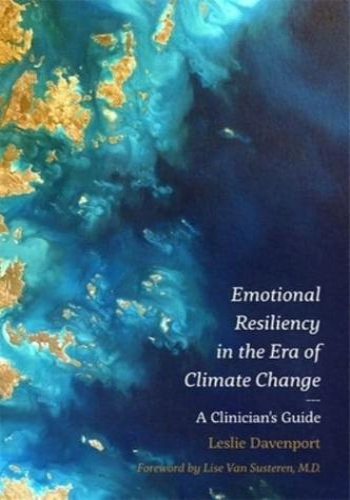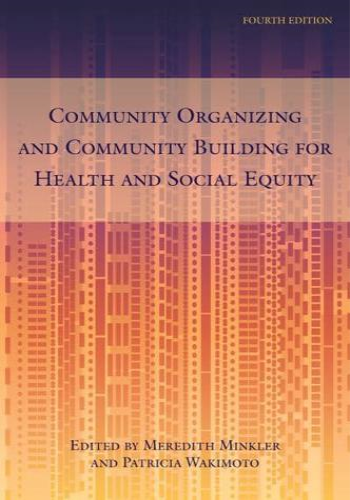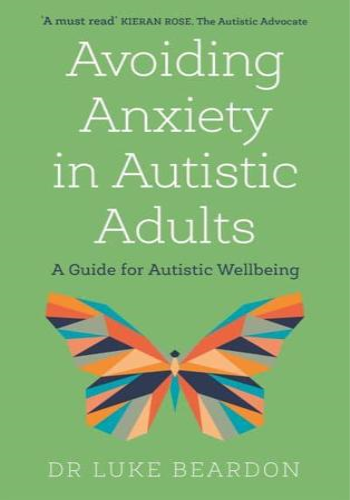Chapter 1: Climate Change and Emotional Health
* Explores the psychological impacts of climate change on individuals and communities.
* Real example: A study on coastal communities found that residents experienced increased anxiety and depression due to sea-level rise and extreme weather events.
Chapter 2: The Power of Emotion
* Discusses the role of emotions in shaping our perceptions and actions related to climate change.
* Real example: A survey revealed that people who felt more fear and anger towards climate change were more likely to engage in sustainable behaviors.
Chapter 3: Building Emotional Resilience
* Introduces strategies for developing emotional resilience in the face of climate change.
* Real example: A mindfulness intervention program helped participants reduce stress and increase their sense of control when dealing with climate-related challenges.
Chapter 4: Fostering Collective Resilience
* Emphasizes the importance of community support and collective action in building emotional resilience.
* Real example: A climate action group provided a platform for individuals to connect, share experiences, and develop strategies to address climate change.
Chapter 5: Climate Communication
* Explores the emotional dimensions of climate communication and strategies for effectively conveying climate information.
* Real example: A study found that using personal narratives and relatable images in climate communication increased engagement and reduced feelings of hopelessness.
Chapter 6: Transformational Resilience
* Argues that emotional resilience can lead to positive change and empower individuals to advocate for climate action.
* Real example: A grassroots movement of climate activists successfully campaigned for the adoption of renewable energy policies.
Chapter 7: Future Directions
* Highlights emerging research areas and future directions for promoting emotional resilience in the era of climate change.
* Real example: A proposal for an international initiative to provide mental health support for climate-affected populations.
Additional Key Themes:
* Intersectionality: Acknowledging the intersection of climate change with other forms of oppression and vulnerability.
* Trauma-Informed Approaches: Applying trauma-sensitive principles to support individuals who have experienced climate-related events.
* Hope and Empowerment: Emphasizing the importance of cultivating hope and empowering individuals to make a difference.
* Equity and Justice: Advocating for equitable access to resources and support for the most vulnerable communities impacted by climate change.







